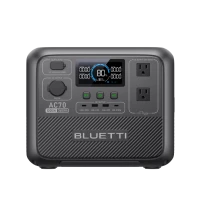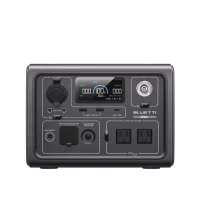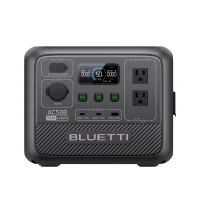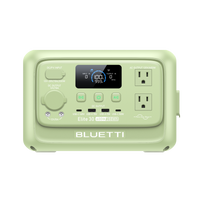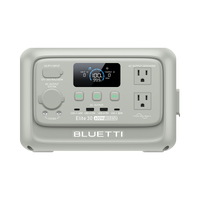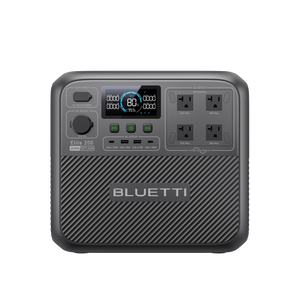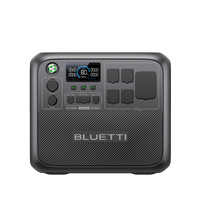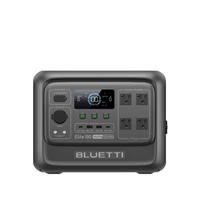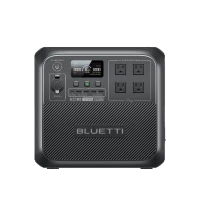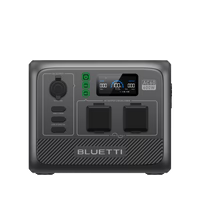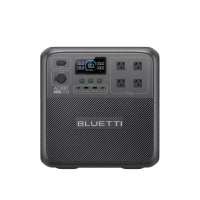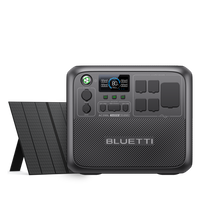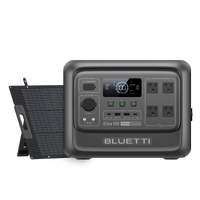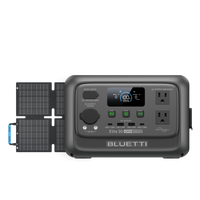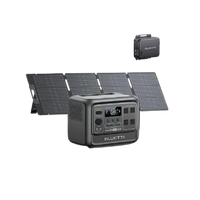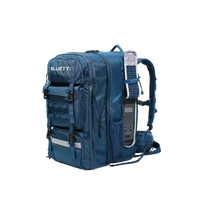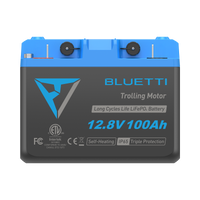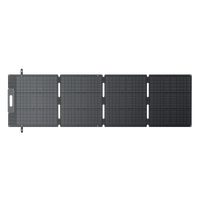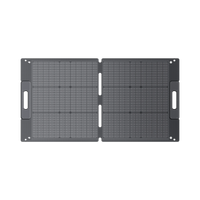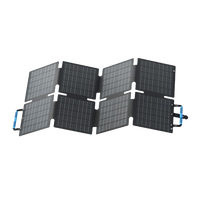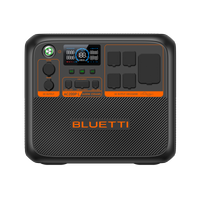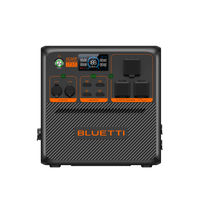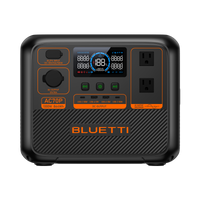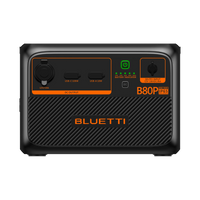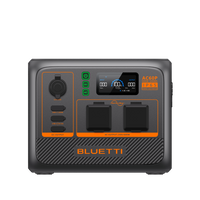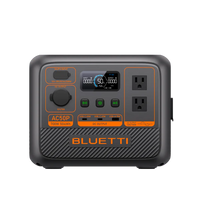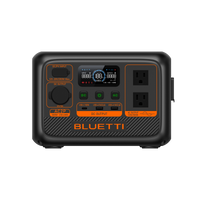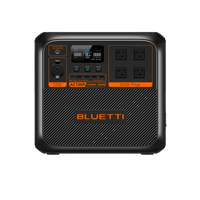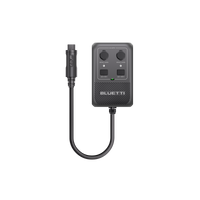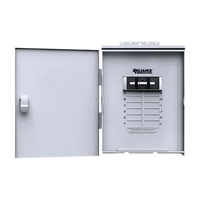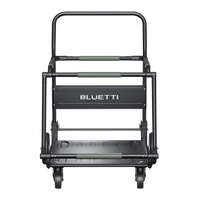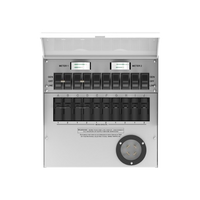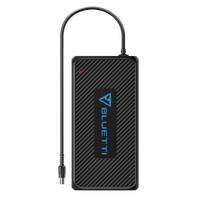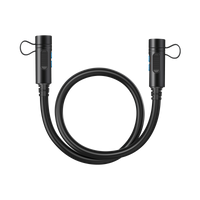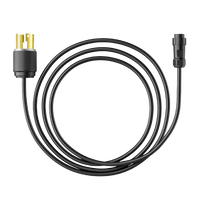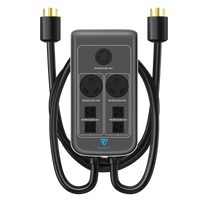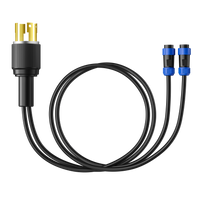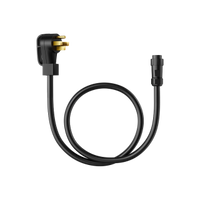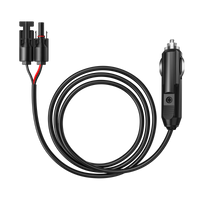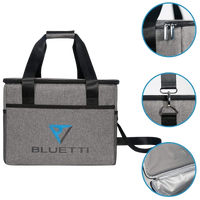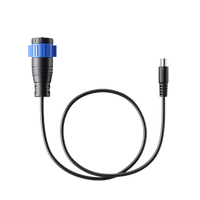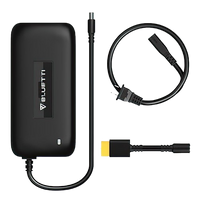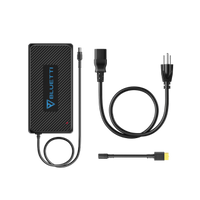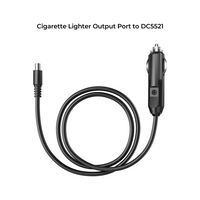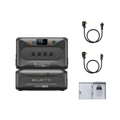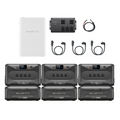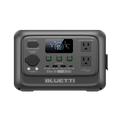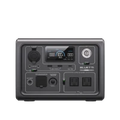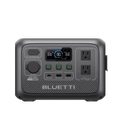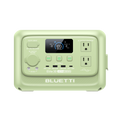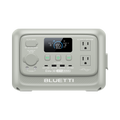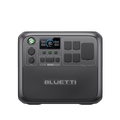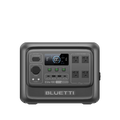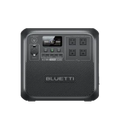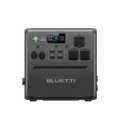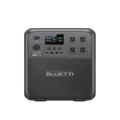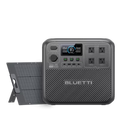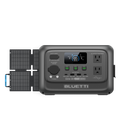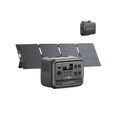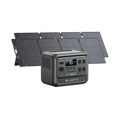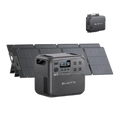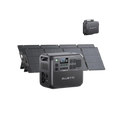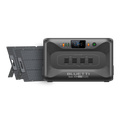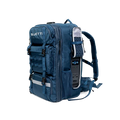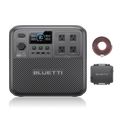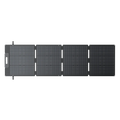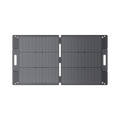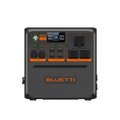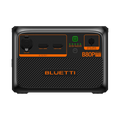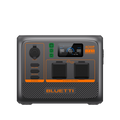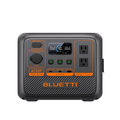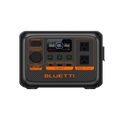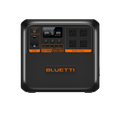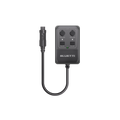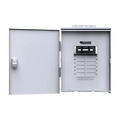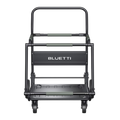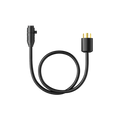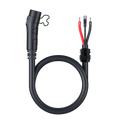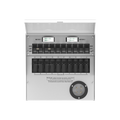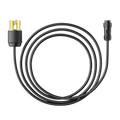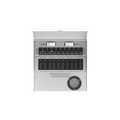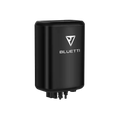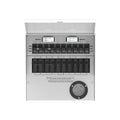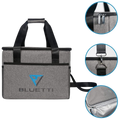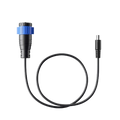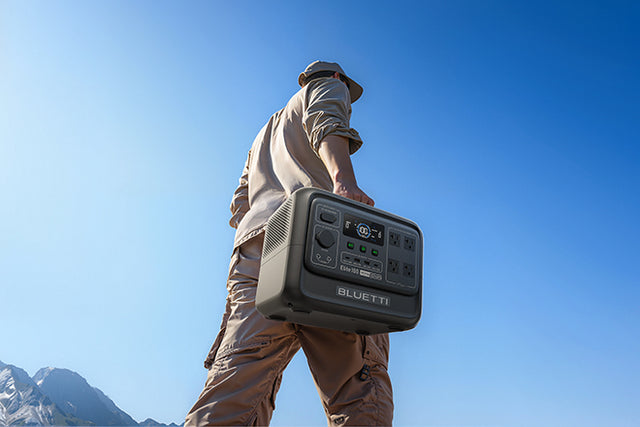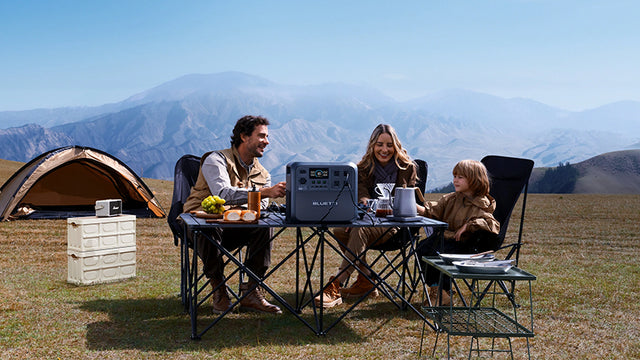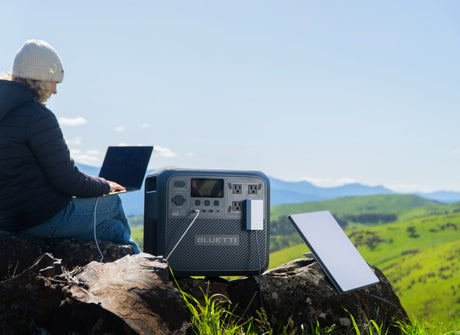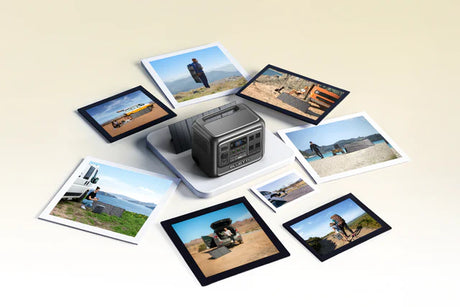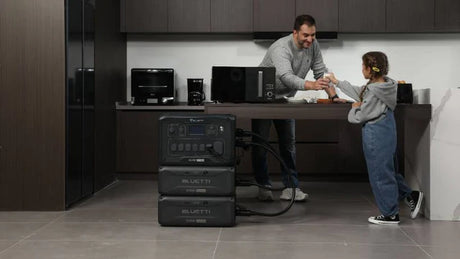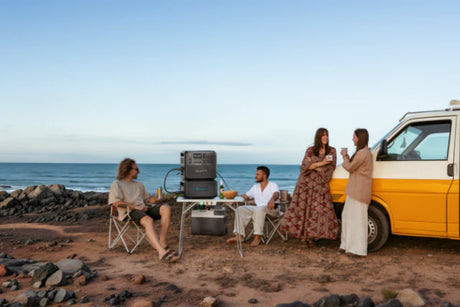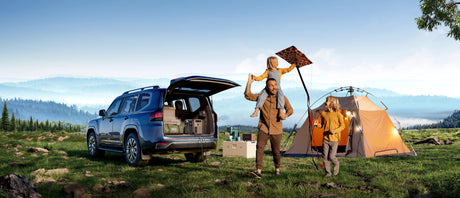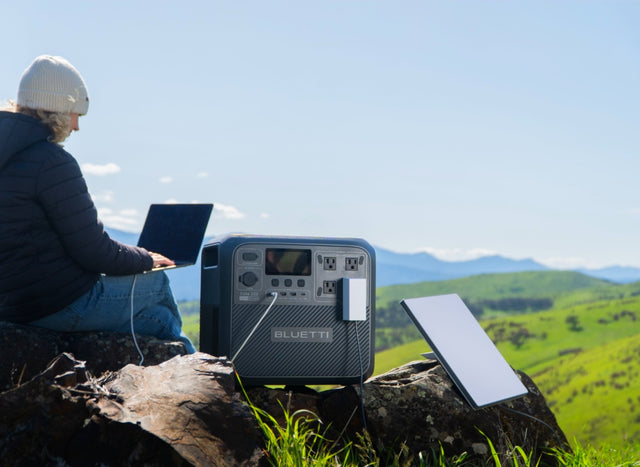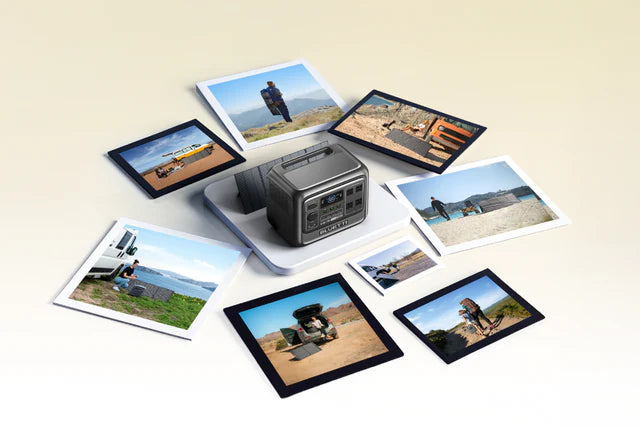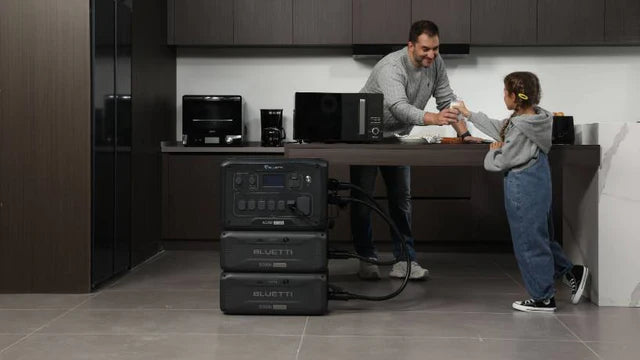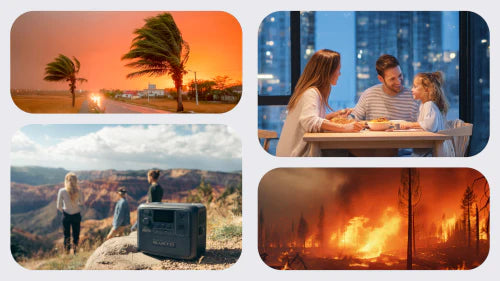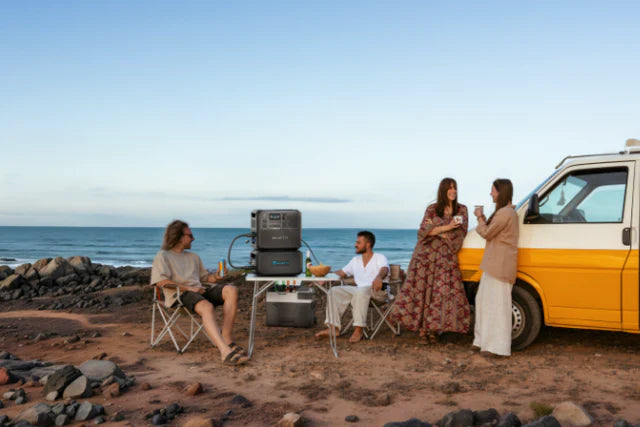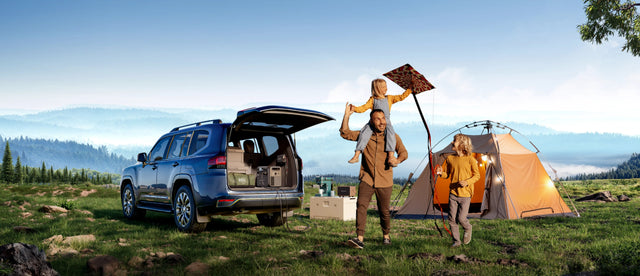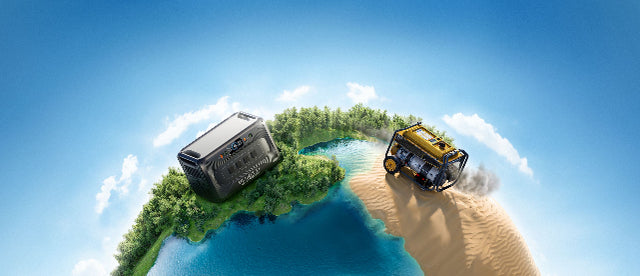La passion des Canadiens pour les grands espaces a engendré une demande croissante de véhicules récréatifs (VR). Que ce soit pour admirer la majesté des Rocheuses, camper au bord d'un lac ou sillonner les vastes étendues sauvages canadiennes, les VR offrent une façon pratique et flexible de profiter du plein air. Examinons les différents types de véhicules récréatifs disponibles au Canada, les raisons de leur popularité grandissante et le mode de vie qu'ils permettent.
Comme il existe une grande variété de camping-cars de styles et de tailles, chacun destiné à un usage et à un groupe de consommateurs différents, il peut être difficile de déterminer celui qui vous convient le mieux. Ce guide vous expliquera les différents types de camping-cars disponibles au Canada et vous aidera à choisir celui qui correspond à votre style de vie, à vos besoins pour vivre et explorer en camping-car, et vous donnera des conseils pratiques pour la vie et les voyages en véhicule récréatif.
Qu'est-ce qu'un camping-car ?

Un camping-car, ou véhicule récréatif, est un véhicule à moteur ou une caravane aménagée en espace de vie. C'est comme avoir une maison sur roues. Les camping-cars disposent de couchages, d'une cuisine et, parfois, de toilettes. Ils sont généralement utilisés pour les voyages et le camping.
Les véhicules de loisirs (VR) se déclinent en différents types, classés selon le type d'utilisateurs auxquels ils sont destinés. On distingue les camping-cars, les caravanes et les caravanes tractables, chacun offrant un niveau de confort, un budget et un espace adaptés à vos besoins spécifiques.
Principaux types et catégories de véhicules récréatifs
Il existe de nombreux types de véhicules récréatifs au Canada, certains plus répandus que d'autres. Voici les principales catégories que vous rencontrerez :
camping-cars
Ce sont des véhicules autonomes dotés de leurs propres capacités de conduite intégrées. Ils se répartissent en trois grandes catégories :
○ Classe A : Ce sont généralement les camping-cars les plus grands et les plus luxueux, ressemblant presque à des autobus. Ils peuvent être assez chers, mais ils offrent le plus d’espace et de confort.
○ Classe B : Aussi appelés camping-cars, ils sont petits et faciles à conduire. Les camping-cars de classe B sont parfaits pour les amateurs de camping-car qui privilégient une approche discrète du voyage.
○ Classe C : La plupart de ces camping-cars sont construits sur des châssis de camions et offrent un compromis entre les classes B et A en termes de taille et de confort. La majorité est équipée d’une capucine pour offrir davantage de couchages ou d’espace de rangement.
caravanes
Remorquées par un véhicule, elles offrent une variété de tailles et d'équipements. Les caravanes sont idéales si vous possédez un véhicule tracteur et que vous souhaitez profiter de la possibilité de les détacher.
Caravanes à sellette
Ces caravanes ressemblent aux caravanes traditionnelles par leur taille et leur apparence, mais elles s'attellent à un camion équipé d'un dispositif appelé sellette d'attelage. Elles offrent un espace intérieur plus vaste et une meilleure stabilité lors du remorquage.
Remorques pliantes
Ce sont de petites remorques dépliables une fois installées. Elles sont également plus légères et faciles à tracter pour les courts trajets ou pour les véhicules tracteurs de petite taille.
Camping-cars sur camion
Petits camping-cars économiques qui tiennent dans la benne d'un pick-up. Extrêmement portables, ils offrent une expérience de camping hors route et autonome optimale.
Chaque type de camping-car présente ses propres avantages, et il est important de savoir ce que chacun a à offrir lorsque vous recherchez le camping-car idéal.
Pourquoi les véhicules récréatifs sont-ils de plus en plus populaires au Canada ?

Plusieurs raisons expliquent la popularité croissante des véhicules récréatifs (VR) auprès des Canadiens. L'intérêt grandissant pour les activités de plein air, les voyages écologiques et la vie nomade incite un nombre croissant de Canadiens à adopter le mode de vie en VR.
Principales tendances en matière de style de vie et de marché
L’appétit croissant des Canadiens, notamment des plus jeunes, pour des vacances flexibles et axées sur la nature a stimulé la demande.En 2024, 44 % des propriétaires de VR canadiens avaient moins de 35 ans et près de 31 % étaient des familles avec enfants. Ce chiffre s'ajoute à une augmentation de 22 % du nombre de propriétaires de VR au Canada entre 2010 et 2020, portant à 2,2 millions le nombre de citoyens vivant désormais dans un foyer équipé d'une caravane (soit 14 % de tous les ménages). Actuellement, leur popularité croît auprès des jeunes acheteurs, attirés par la perspective d'aventure, de télétravail et de voyages à un prix abordable.
Au Canada, le marché des véhicules récréatifs (VR) a généré une valeur de 12 milliards de dollars et créé 104 200 emplois en 2022, ce qui témoigne de son important impact socio-économique. Le nombre de voyages en VR est également en hausse. En 2022, les propriétaires canadiens de VR ont effectué 6,3 millions de voyages, auxquels s'ajoutent 1,3 million de voyages en véhicule de location. Aujourd'hui, nombreux sont ceux qui souhaitent partir en vacances en VR pour une sécurité et une autonomie totales, et profiter de la liberté d'explorer une grande variété de destinations à leur propre rythme. Par conséquent, le marché canadien des VR devrait atteindre une valeur de 6,2 milliards de dollars d'ici 2030, et connaître une croissance soutenue. un TCAC prévu de 7,83%.
Évolutions démographiques et motivations de voyage
On observe un changement démographique parmi les propriétaires de véhicules récréatifs au Canada. Autrefois principalement utilisés par les retraités, les véhicules récréatifs sont de plus en plus populaires chez les jeunes Canadiens, notamment les milléniaux et la génération Z, pour des escapades de fin de semaine, des voyages à travers le pays et même des voyages à temps plein.
Ils offrent la possibilité de voyager partout et à tout moment, confortablement et facilement, à un prix bien inférieur à celui des hôtels et complexes hôteliers traditionnels. Les camping-cars permettent également aux familles de passer des moments privilégiés en pleine nature, que ce soit en randonnée, à la pêche ou simplement dans un lieu paisible pour se détendre.
Est-il possible de vivre en permanence dans un camping-car au Canada ?

Vivre à temps plein dans un camping-car est certes une perspective attrayante pour certains, mais il convient de prendre en compte des facteurs juridiques, réglementaires et pratiques.
Considérations juridiques et réglementaires
Oui, il est possible de vivre à l'année dans un VR au Canada, à condition de respecter scrupuleusement la réglementation locale en matière de zonage, les codes du bâtiment et les codes provinciaux. Les règlements de zonage varient souvent d'une ville à l'autre et limitent les endroits où il est possible de stationner (et de résider) avec un VR. Par exemple, certaines localités exigent que les VR soient stationnés dans un terrain de camping ou un parc de VR désigné.
Par ailleurs, certaines provinces ont leurs propres règles concernant les maisons mobiles et les véhicules récréatifs, notamment la durée de leur stationnement, et les permis nécessaires pour y vivre. Il est donc important de vérifier les exigences auprès de votre administration locale afin d'obtenir les permis requis.
Assurance et infrastructures
L'assurance d'un camping-car destiné à un usage permanent diffère légèrement de celle d'un camping-car utilisé occasionnellement. L'assurance pour camping-cars habitables à temps plein est une option, mais elle couvre généralement les biens personnels, la responsabilité civile et les dommages matériels causés au véhicule. Ce sont des coûts supplémentaires à prendre en compte si vous envisagez de vivre à temps plein dans un camping-car.
Côté infrastructures, il faut gérer les eaux usées, l'eau potable et l'énergie. De nombreux camping-caristes à temps plein utilisent des solutions autonomes comme des panneaux solaires et des groupes électrogènes portables. Il existe aussi des systèmes spécifiques pour le stockage de l'eau, l'évacuation des eaux usées et le chauffage.
Peut-on conduire un camping-car avec un permis de conduire ordinaire au Canada ?

Au Canada, le permis nécessaire pour conduire un camping-car dépend du poids et de la catégorie du véhicule.
Exigences en matière de permis par province
Un permis de conduire standard de catégorie 5 suffit généralement pour les camping-cars de catégories B et C. Cependant, pour les camping-cars de catégorie A, plus grands, dont certains pèsent plus de 11 000 kg, un permis de catégorie 3 ou D peut être requis, ce dernier étant conçu pour les véhicules dépassant un certain poids.
Les règles d'immatriculation des véhicules récréatifs varient d'une province à l'autre. Dans certaines régions, comme la Colombie-Britannique, par exemple, un permis de conduire ordinaire peut suffire pour les véhicules de moins de 12 000 kg. Cependant, pour les véhicules de plus de 12 000 kg, le conducteur doit posséder au moins une mention spécifique.
Types de permis et cas où une mention est requise
Pour le Canadien moyen qui conduit un VR de classe C ou B, un permis de conduire ordinaire suffit. Attention cependant : si vous souhaitez conduire un VR plus grand ou remorquer une caravane, vous devrez respecter la réglementation provinciale. Consultez donc les règles locales.
Est-il légal de marcher dans un camping-car en conduisant ?
La sécurité doit être votre priorité absolue lorsque vous voyagez en VR. Au Canada, la réglementation concernant les déplacements et la sécurité des passagers dans un VR en mouvement varie d'une province à l'autre. Dans la plupart des cas, il est interdit de marcher dans un VR lorsqu'il roule.
Lois relatives à la circulation et à la sécurité des passagers
Au Canada, la loi exige que tous les passagers restent assis en permanence lorsque le véhicule est en mouvement et que leur ceinture de sécurité soit bouclée. Cela concerne aussi bien le conducteur que les occupants de la cabine du véhicule récréatif. Certaines provinces ont mis en place des règles plus strictes et des mesures de sécurité supplémentaires, comme l'obligation d'utiliser les sièges d'enfant dans les zones désignées.
Règles relatives à la ceinture de sécurité et à la sécurité routière
Le port de la ceinture de sécurité est obligatoire dans toutes les provinces, ainsi que celui des dispositifs de retenue pour les passagers des véhicules de transport pendant le trajet. Dans les grands véhicules récréatifs, il est possible que certaines zones soient équipées de ceintures de sécurité, mais dans les petits véhicules, tous les passagers doivent être assis de manière sécuritaire.
Achat ou location d'un camping-car au Canada
Si vous envisagez de vivre en camping-car, vous devrez peser le pour et le contre de l'achat d'un camping-car par rapport à la location.
Louer un camping-car est une bonne option si vous débutez et souhaitez vous familiariser avec ce type de véhicule sans vous engager. La location vous permet d'essayer différents modèles sans obligation à long terme. C'est également une solution économique si vous ne prévoyez pas d'utiliser le camping-car plus de quelques fois par an.
L'achat d'un camping-car, en revanche, offre plus de liberté et de flexibilité (et permet également de partir camper). À long terme, cela peut s'avérer plus abordable, notamment si vous vivez à temps plein dans votre camping-car ou si vous entreprenez de longs voyages.
Facteurs à prendre en compte lors du choix
Voici quelques facteurs à prendre en compte lorsque vous décidez de louer ou d'acheter un camping-car :
● La fréquence à laquelle vous comptez l'utiliser
● Les coûts d'exploitation et les coûts initiaux et récurrents de la solution que vous envisagez
● Besoins en matière d'entretien
● Solutions de rangement (si vous êtes propriétaire du camping-car)
Meilleure destination de voyage en camping-car au Canada
Le Canada regorge de paysages parmi les plus époustouflants au monde, et vivre en camping-car vous offre la liberté de les explorer. Des Rocheuses aux rivages paisibles, le Canada compte de nombreuses destinations idéales pour les voyages en camping-car.
Voici quelques-unes des meilleures destinations pour les véhicules récréatifs au Canada :
-
Parc national Banff, Alberta.
-
L'île de Vancouver en Colombie-Britannique
-
La piste Cabot en Nouvelle-Écosse
Destinations saisonnières et routes panoramiques
Grâce à la diversité des paysages canadiens, on trouve des endroits adaptés aux véhicules récréatifs tout au long de l'année. En été, un voyage en VR peut vous mener vers des lieux comme la région des lacs Muskoka en Ontario, tandis qu'en hiver, c'est l'occasion de découvrir Mont-Tremblant au Québec.
Vie autonome en camping-car et solutions d'énergie écologique hors réseau
L'un des plus grands problèmes pour les camping-caristes est de s'alimenter en électricité lorsqu'ils sont hors réseau. Heureusement, il existe des solutions d'alimentation écologiques, comme les panneaux solaires, les générateurs portables et les systèmes de stockage d'énergie par batterie.
De combien d'énergie avez-vous besoin pour un voyage en camping-car hors réseau ?

Lorsque vous partez à l'aventure hors réseau, votre camping-car aura besoin d'un système d'alimentation efficace pour alimenter des appareils tels que le réfrigérateur, l'éclairage et les chargeurs. Et c'est là que ça se passe. centrales électriques portables peut fournir une charge pratique. BLUETTI AC200L Avec une capacité de 2 048 Wh et une puissance de 2 400 W, cette batterie externe est un excellent choix pour les voyages en camping-car hors réseau. Grâce à sa charge rapide de 560 W, elle se recharge de 0 à 80 % en seulement 2,8 heures et constitue un compagnon de voyage fiable pour tous ceux qui ont besoin d'énergie en déplacement.
Ce système s'intègre parfaitement aux voyages en camping-car hors réseau grâce à des appareils comme le MultiCooler qui vous maintiendra au frais, congelé et avec de la glace pour vos boissons, le tout sans avoir besoin d'acheter de glace ! Cette combinaison offre une solution robuste et écologique aux obstacles rencontrés lors de la vie hors réseau, vous permettant de rester autonome et de vivre en harmonie avec la nature.
FAQ
Quels types de véhicules récréatifs sont les plus populaires au Canada ?
Les camping-cars (classes A, B et C), les caravanes, les caravanes à sellette et les caravanes pliantes sont les types de véhicules récréatifs les plus populaires au Canada.
Est-il possible de vivre toute l'année dans un camping-car au Canada ?
Oui, il est possible de vivre à l'année dans un camping-car au Canada, mais il y a des questions juridiques à régler, comme les lois de zonage et l'assurance.
Ai-je besoin d'un permis spécial pour conduire un camping-car au Canada ?
Un permis de conduire de catégorie 5 suffit généralement pour conduire un camping-car. Cependant, les camping-cars lourds peuvent nécessiter un permis de catégorie 3 ou D.
Combien coûte la location d'un camping-car au Canada ?
Le prix de location d'un camping-car au Canada dépend de sa taille et de son emplacement, mais se situe en moyenne entre 100 et 250 dollars par jour.
Quelle est la durée de vie moyenne d'un camping-car ?
La durée de vie typique d'un camping-car est d'environ 10 à 20 ans, en fonction bien sûr de la marque, du modèle et de la qualité de son entretien.
Shop products from this article
You May Also Like
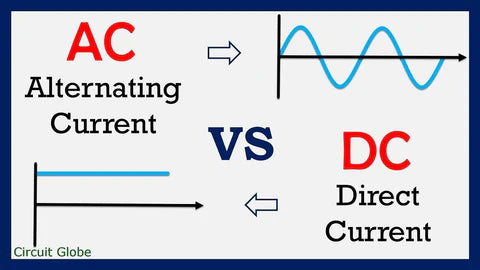
Tension alternative ou continue : comprendre les différences électrisantes

Combien coûte la recharge d’une Tesla ?
L'article parle de ce prix de recharge, des facteurs qui modifient ce prix et de la manière dont on pourrait alimenter son véhicule en utilisant des énergies renouvelables telles que...
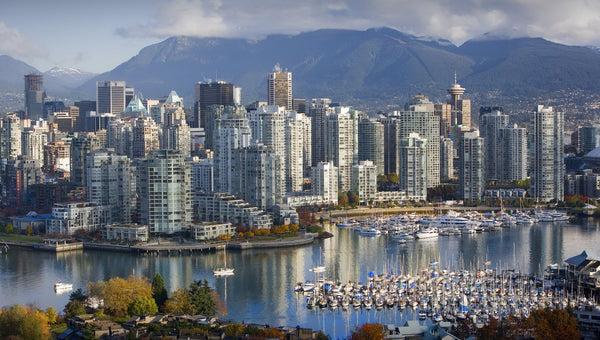
Quelle province a l’électricité la moins chère ?
L'article suivant donne un aperçu des prix moyens de l'électricité dans diverses provinces, établit quelle province a le tarif le plus bas, discute de ce qui détermine les prix auxquels...









